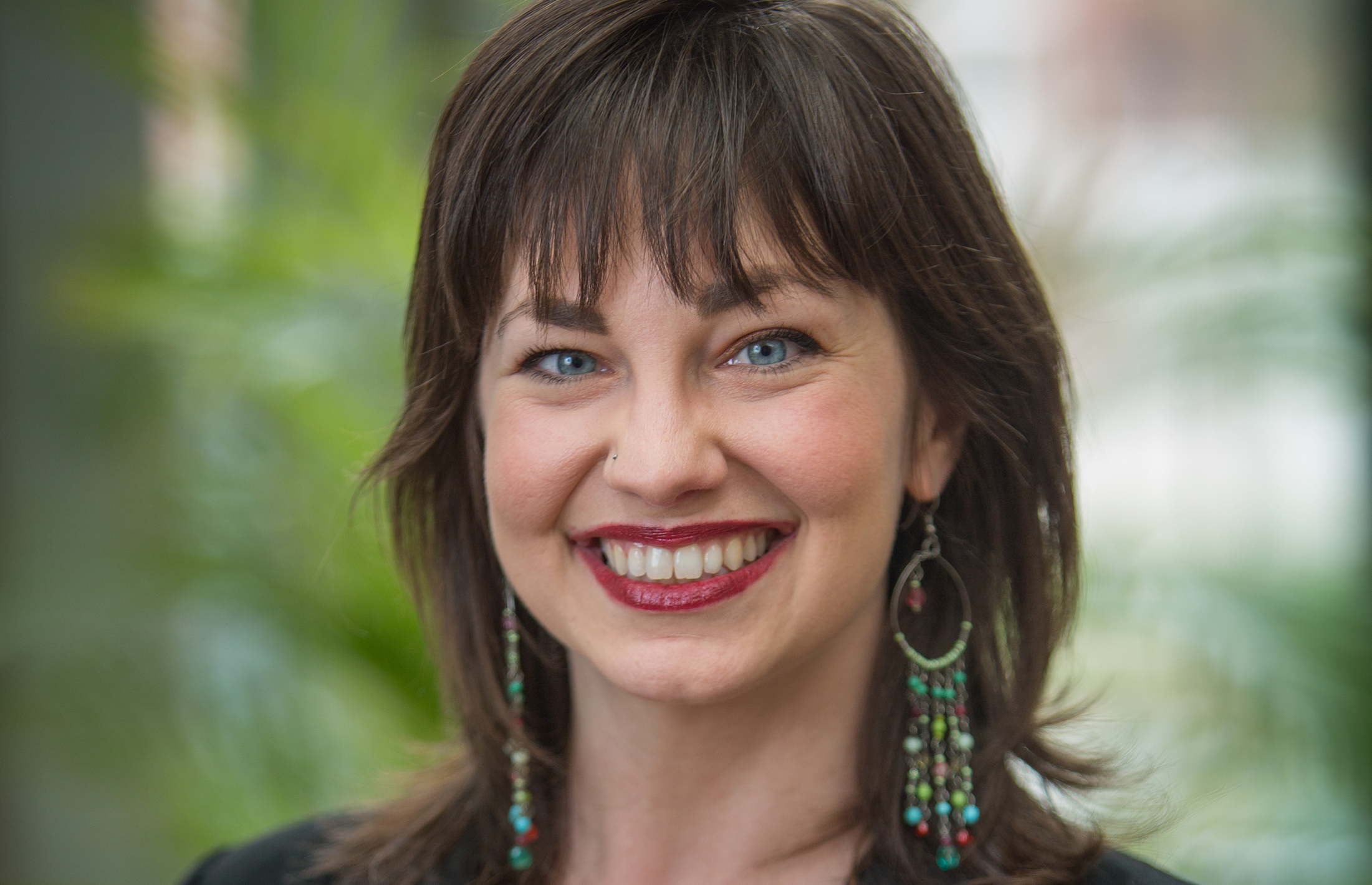As a doctoral student in the UNC School of Education’s Learning Sciences and Psychological Studies (LSPS) concentration, Rebekah Freed has had opportunities to pursue a range of research topics to help students learn better.
She was part of a team that helped establish EDUC 150: “The Science of Learning,” a course designed to help Carolina undergraduates thrive at a rigorous university. Students in the course are exposed to research from cognitive psychology and behavioral neuroscience that identifies the most effective methods of learning. That course is now a part of the undergraduate general requirements at the University of North Carolina at Chapel Hill.
“Learning is hard, and anything that can help it become easier is a welcome tool for students everywhere,” Freed said.
With her advisor, Jeff Greene, Ph.D., McMichael Distinguished Professor, Freed has studied how first-generation college students transfer what they learned in “The Science of Learning” course to additional learning settings. She’s examined how students interact with new learning content on the computer, and how students in active learning and flipped classrooms interact with learning management systems — to understand how to help student learning in academic settings.
Through her work with Greene, Freed has focused her dissertation on how a short activity involving students setting intentions can help them persist when faced with learning about difficult topics. This intention-setting activity has helped people achieve health goals, and Freed hopes that it can help students achieve their learning goals, as well.
Specifically, her research holds the potential to show the efficacy of an attainable, inexpensive tool in helping students persist and reach their educational goals. If successful, students could continue to use the intention-setting intervention, boosting their persistence in a learning task they anticipate being difficult.
To help conduct research for her dissertation, Freed applied for and won an American Rescue Plan Act Grant, which funds students if COVID-19 has delayed their program progress in any way. The $12,000 award will help Freed revamp the format of her study as the pandemic forced so many teachers and students to remote instruction.
Freed’s journey in educational psychology
Before pursuing her Ph.D. at Carolina, Freed lived in California — teaching preschool by day and teaching as an adjunct university psychology professor by night.
But she wanted more. Freed always had a dream of furthering her education and obtaining a Ph.D. in educational psychology. She wanted to become the best she could for her students, as well as for herself.
As she delved further into educational psychology, Freed encountered self-regulated learning, a field of research that focuses on giving students the tools and empowerment that they need to be able to reach their full potential. Greene, who is an expert in this exact topic, appeared in research Freed was reading so she applied to the School’s LSPS program.
Freed said she has created an extraordinarily strong relationship with her advisor that she could not find anywhere else. Greene has shared writing, research, and teaching experiences with her, she said, ensuring she had the training needed to complete every new role that she has taken on.
“Going through holistic growth and change made me a better, more secure and confident version of myself. I would not have been able to grow personally or professionally to this degree if I had chosen any other path,” Freed said.
Her next steps, after completing her dissertation, include a 2022 graduation and the hope of becoming an assistant professor, able to teach and research about how to improve learning.
